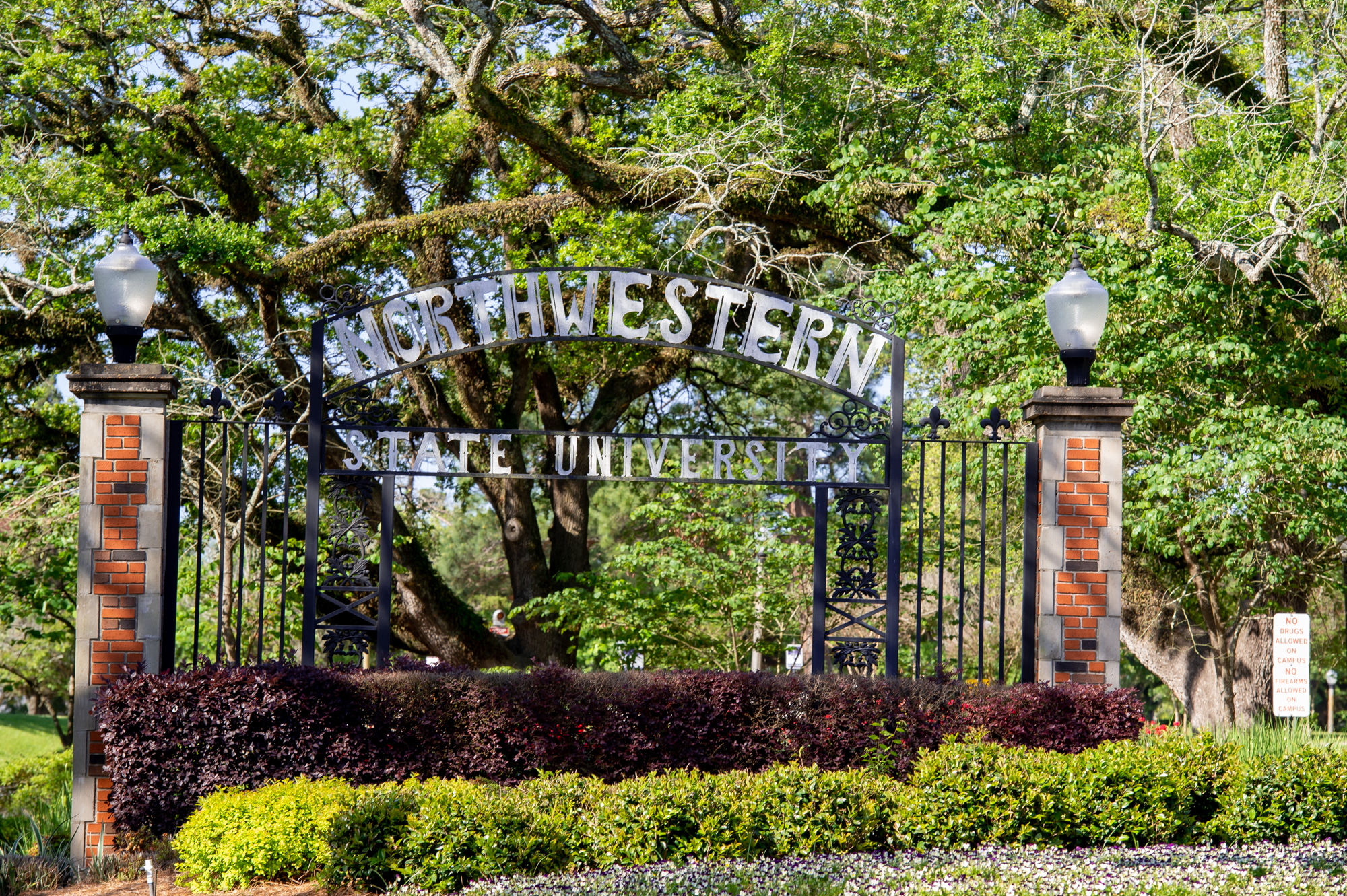NATCHITOCHES – A certificate program in Remote Systems Science and Technology at Northwestern State University has been approved by the Louisiana Board of Regents. According to NSU Professor of Archaeology and Anthropology Dr. Tommy Ike Hailey, the RSST undergraduate certificate program will provide students with a foundation in aerial, terrestrial and underwater remote systems applications, operations and regulations, with electives to support each student’s major field. Hailey said the use of aerial remote systems, popularly referred to as drones, has expanded rapidly from primarily military use to a wide range of industrial, public and academic research applications with current and future economic impact that is measured in the billions of dollars.
“The NSU RSST Undergraduate Certificate will benefit our undergraduates by providing them with education and training in the application of aerial, terrestrial, and underwater remote systems across disciplines and within their own disciplines,” said Hailey. “By offering RSST as an undergraduate certificate, the students will have documentation of their experience in remote systems science and technology that can be added to their resumes, thereby enhancing their job prospects, and after they are hired, their knowledge of RSST will contribute to their career success.”
Students in the program will learn how remote systems are currently employed in government, industry and research. Legal aspects of remote systems operations and the responsibilities of the remote operator will be discussed. Students will gain knowledge and skill in remote operations and data processing through hands-on training and will apply their acquired skills in real-world applications in their respective majors. Those in the program will learn to effectively communicate the results of their endeavors to professional audiences and to the public.
Hailey said one thing that sets the NSU RSST Undergraduate Certificate apart is it will enhance a wide variety of existing majors.
“From the outset, we intended for it to be campus-wide, interdepartmental, and interdisciplinary, and it was developed in collaboration with department heads, faculty, and staff from numerous academic and nonacademic departments on campus,” said Hailey. “With this broad multidisciplinary approach, we were able to craft the RSST certificate program in such a way that it would enable NSU to produce graduates in the associated majors who are well prepared for challenges that will be presented to them in their chosen fields by the ever-changing world of the 21st century.”
Hailey said the RSST program is supported by the School of Business, the Department of Biological and Physical Sciences, the Computer Information Systems Program, the Mrs. H. D. Dear and Alice Dear School of Creative and Performing Arts, the Department of Criminal Justice, History, and Social Sciences, the Department of Engineering Technology, the Department of English, Foreign Languages, and Cultural Studies, and the Department of Hospitality Management and Tourism. Each of these academic units has designated elective courses that will be of the greatest value to their majors who are pursuing the RSST Undergraduate Certificate.
Hailey said the integration of remotely operated aircraft into the national air space is generating a boom in opportunities for government agencies, industries, businesses and research entities to employ drones in their day-to-day operations, allowing them to reduce costs and maximize the efficiency of their operations. The responsibility for that integration was assigned by Congress to the FAA in 2017. The Alliance for Drone Innovation estimates that the economic impact of drone integration will exceed $13.6 billion dollars in the first three years of the process, increasing to $82.1 billion dollars by 2025, and that the demand for drones in the workplace will create nearly 104,000 jobs by 2025.
“The RSST undergraduate certificate is not simply a technical program for training students to operate one or another type of remote technology,” said Hailey. “If our students are to be competitive in the modern workplace, they need to be able to adapt to changing circumstances and prepared to think outside of the box, developing new applications within their respective fields as needed. Having a broad foundation in Remote Systems Science and Technology and how this technology is used in other fields will enable them to do that.”
The 18-hour program combines existing courses with newly developed classes. Students will be able to enroll in the program starting in the Fall 2021 semester. For more information on the certificate program, contact Hailey at haileyt@nsula.edu.


